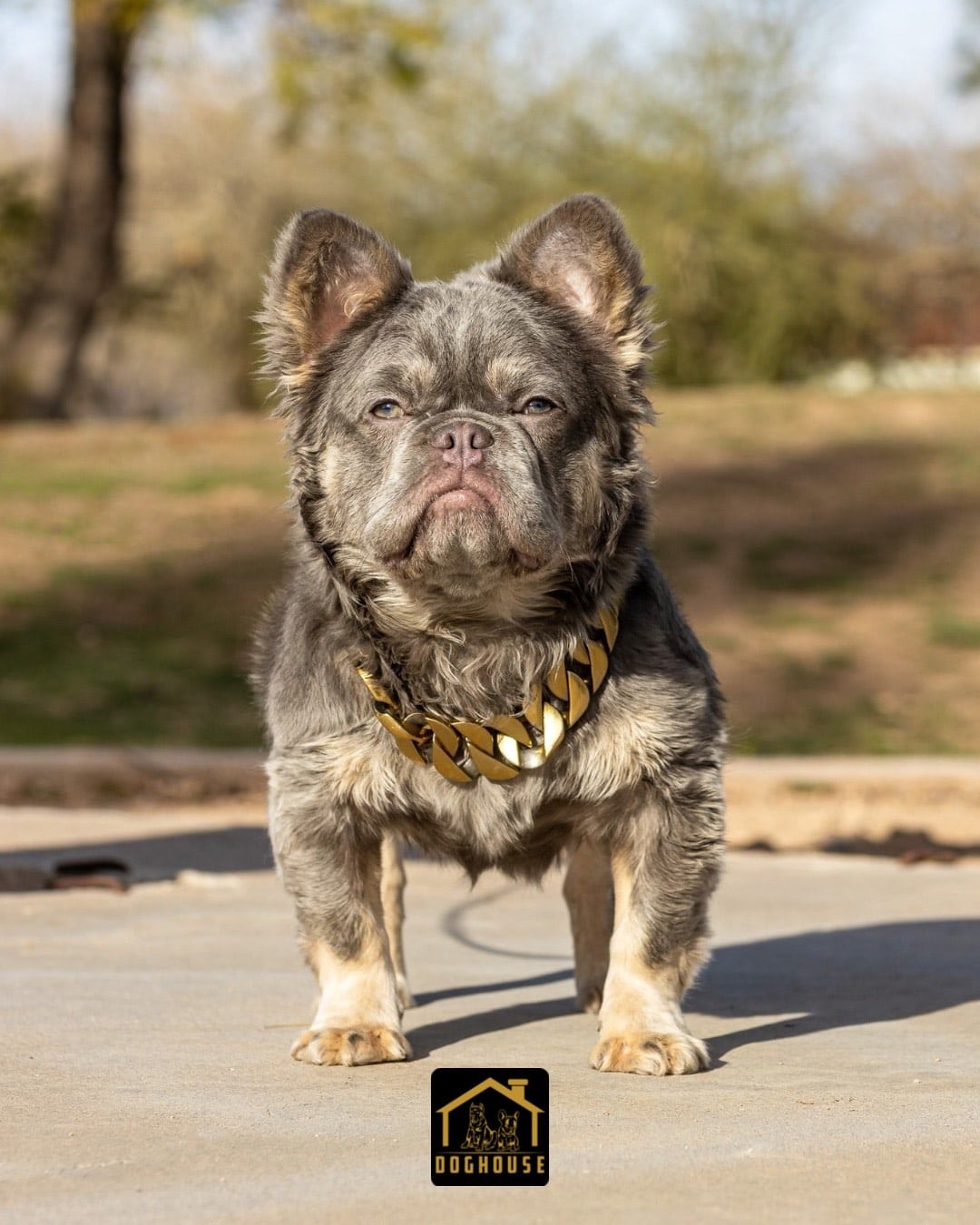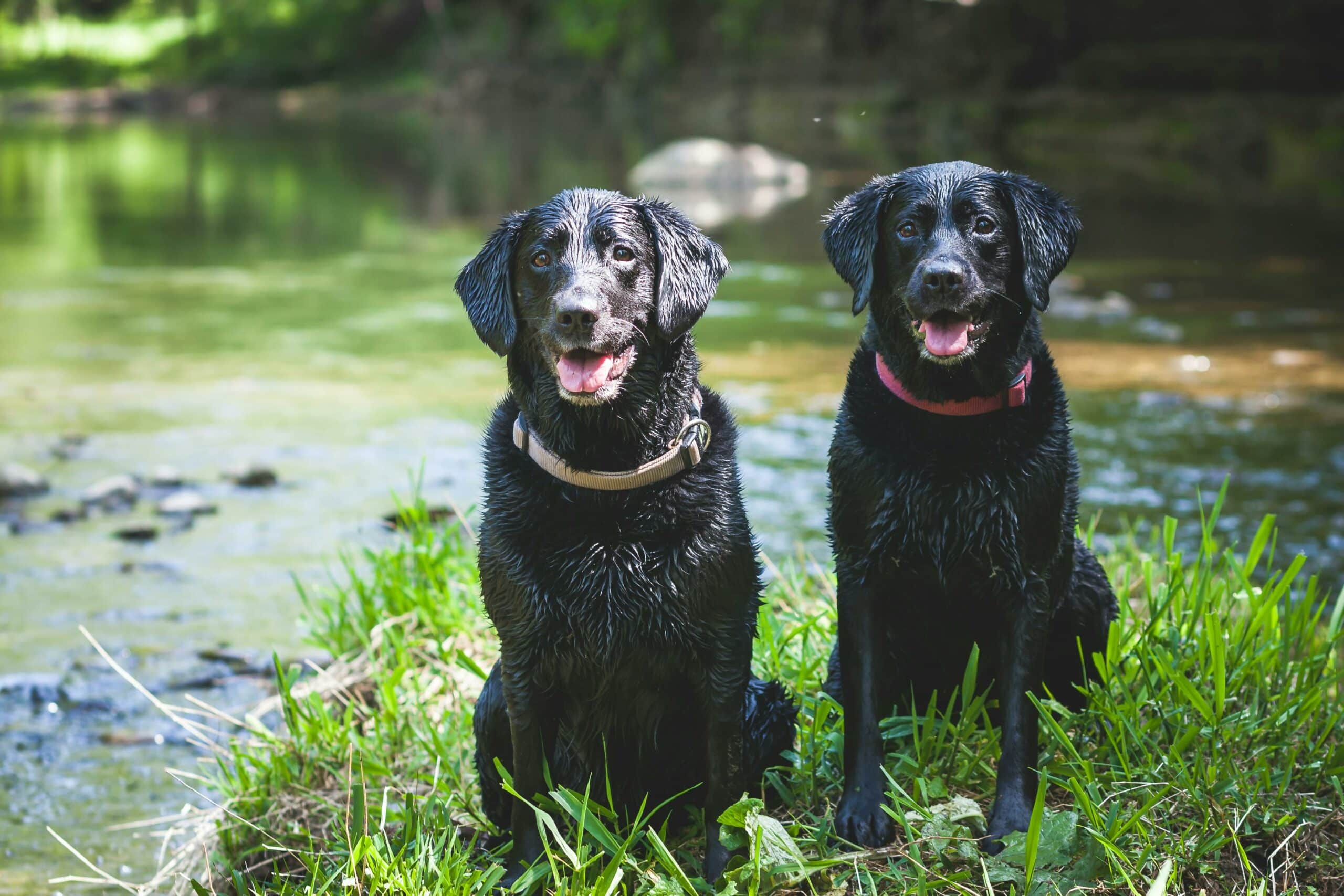Giardia is a small parasite that resides in the intestines and can infect humans, mammals, and birds. When dogs are infected with Giardia, they can develop a condition called giardiasis, which leads to diarrhea. It’s crucial to be aware that this infection can also be transmitted to humans and other handlers of the dog.
Giardiasis in dogs is quite common globally. The parasite is present worldwide, and about 15% of dogs are infected with Giardia.
What Causes Giardia in Dogs?
Giardia in dogs is caused by a single-celled protozoan parasite that can infect the intestines, leading to a condition known as giardiasis. This parasite is found globally and can infect a variety of hosts, including mammals and birds. Dogs can contract Giardia by ingesting the parasite’s cysts from contaminated environments, such as water, soil, or food that has come into contact with infected feces.
The life cycle of Giardia involves two stages: the trophozoites and the cysts. The trophozoites live in the small intestine, where they attach to the intestinal walls and multiply. They later encyst as part of their reproductive process before being excreted in the host’s feces. The cysts can survive in the environment for several months and are capable of infecting a new host when ingested.
What Are The Symptoms of Giardia In Dogs?
In terms of symptoms, giardiasis can range from asymptomatic (showing no signs of disease) to severe digestive issues. Common signs include diarrhea, which may be accompanied by a foul odor, mucus, and occasionally blood. Other symptoms can include weight loss, dehydration, and a general decline in the dog’s health, particularly in puppies or dogs with compromised immune systems.
Diagnosis of giardiasis typically involves examining stool samples for the presence of cysts or conducting specific antigen tests to detect the parasite. Because Giardia can be shed intermittently, multiple stool samples might be necessary to confirm the diagnosis.
What is The Treatment for Giardia in Dogs?
The treatment of giardiasis in dogs primarily involves the use of specific medications to eliminate the parasite, along with measures to prevent reinfection through environmental management and hygiene practices.
Medications
- Fenbendazole: This is a common deworming medication that is often prescribed for several consecutive days to ensure that all stages of the parasite are targeted. Fenbendazole is effective against the trophozoites and cysts of Giardia.
- Metronidazole: This antibiotic also possesses anti-protozoal properties, making it another standard treatment for giardiasis. It can be used alone or in combination with fenbendazole. Metronidazole is particularly useful due to its ability to penetrate into the gut tissues and combat the trophozoites.
- Combination Therapy: In some cases, veterinarians may prescribe both fenbendazole and metronidazole together to increase the efficacy of treatment, especially in severe or persistent infections.
Dietary Management
Supportive care, including dietary adjustments, can help manage symptoms and improve recovery. Veterinarians may recommend a highly digestible diet to help soothe the gastrointestinal tract and improve nutrient absorption, which can be compromised by giardiasis.
Environmental Control
To prevent reinfection, thorough cleaning and disinfection of the dog’s environment are crucial:
- Disinfection: Use of steam cleaning and household disinfectants that are effective against Giardia cysts to clean surfaces where the dog has been.
- Hygiene: Regular bathing of the dog at the end of the treatment to remove any cysts that might be present on the fur or paws, which could lead to reinfection.
- Fecal Management: Prompt disposal of dog feces is important to prevent environmental contamination and the spread of cysts.
Follow-up
After treatment, follow-up with the veterinarian is crucial to ensure that the infection has been fully cleared. This may involve repeating stool tests to confirm that no cysts are present. Continued monitoring may be recommended for environments with high risks of reinfection or for dogs that are particularly susceptible.
By combining these treatments and preventive measures, most dogs recover well from giardiasis. However, diligence in medication administration and environmental management is key to preventing recurrence of the infection.
How to Prevent Giardia in Dogs?
Preventing Giardia in dogs involves several proactive steps to minimize the risk of infection and spread. These steps focus on hygiene, environmental management, and careful monitoring of your dog’s health and activities.
Environmental Management
- Water Management: Ensure your dog has access to clean, fresh water at all times. Avoid allowing your dog to drink from stagnant water sources, such as puddles or ponds, which can be contaminated with Giardia cysts.
- Clean Living Spaces: Regularly clean and disinfect areas where your dog spends a lot of time. This includes washing bedding, crates, and toys with hot water and a disinfectant that is effective against Giardia.
Hygiene Practices
- Fecal Disposal: Promptly and safely dispose of your dog’s feces, especially in areas where other dogs frequent. This reduces environmental contamination and the spread of the parasite.
- Bathing and Grooming: Regular bathing and grooming can help remove any Giardia cysts that might be present on your dog’s body, particularly after outings in areas where other dogs are present.
Monitoring and Restrictions
- Avoid High-Risk Areas: If there are known outbreaks of Giardia, avoid taking your dog to those areas. This includes dog parks, kennels, or any other locations with recent reports of Giardia.
- Health Monitoring: Keep a close eye on your dog’s health. Regular veterinary check-ups can help detect and treat Giardia infections early, before they become more serious.
Diet and Care
- Proper Diet: Maintain your dog on a balanced diet that supports overall health and immunity. A healthy dog is better able to fight off infections, including Giardia.
- Stress Management: Minimize stress for your dog, as stress can compromise the immune system and make them more susceptible to infections like Giardia.
Implementing these preventive measures can significantly reduce the risk of Giardia infection in dogs and help maintain their health and well-being. Always consult with your veterinarian for specific recommendations and treatments suitable for your pet’s specific needs and circumstances.
How Can You Prevent Human Giardia Infection?
it is theoretically possible for dogs to transfer Giardia to humans, but the likelihood of this occurring is considered relatively low. Giardia consists of several different genotypes, some of which are more host-specific than others. Dogs are primarily infected by genotypes C and D, which are typically not infectious to humans. However, they can also be infected by genotypes A and B, which are zoonotic and can infect humans.
Most human infections are thought to be anthroponotic, meaning they are transmitted from human to human. The evidence suggesting transmission of Giardia from dogs to humans is limited and generally involves situations where genetic analysis has shown the same strains in both the pet and the owner. Such cases are rare, and the overall risk of transmission from dogs to humans under normal circumstances is considered low.
For people, especially those with weakened immune systems or the elderly, it’s still a good practice to maintain excellent hygiene when handling pets, particularly in managing pet waste and during any outbreaks of illness in the pet. Even though risk are low, below are a few precautionary things you can do to prevent a human Giardia infection:
- Use gloves when you garden or clean up after your dog.
- Always wash your hands with soap and water after touching your dog, particularly before you eat.
- Regularly sanitize surfaces and items that your dog uses.
Conclusion
Giardia in dogs is a common parasitic infection that can affect the gastrointestinal system, leading to symptoms like diarrhea and malabsorption of nutrients. Although many dogs may carry Giardia without showing symptoms, the presence of this parasite can lead to significant health issues, particularly in young or immunocompromised dogs. The transmission of Giardia typically occurs through ingestion of contaminated water or contact with infected feces, emphasizing the importance of good hygiene and environmental management to prevent infection. While the risk of transmission from dogs to humans is low, it is still advisable for pet owners to practice diligent hygiene to minimize any potential risk. Effective treatment and preventive measures are available, making giardiasis manageable with the guidance of a veterinarian. Through a combination of medication, environmental cleaning, and preventive practices, the impact of Giardia can be significantly reduced, ensuring the health and well-being of both dogs and their owners.











